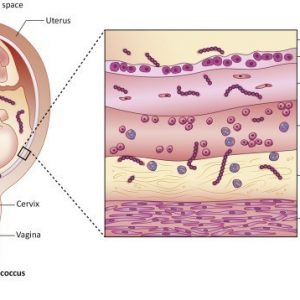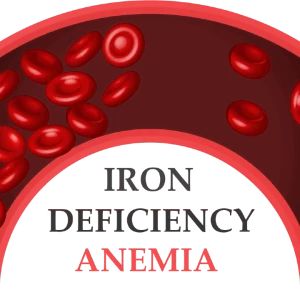LIFELINE LABORATORY
Why should you do a Hs-CRP?
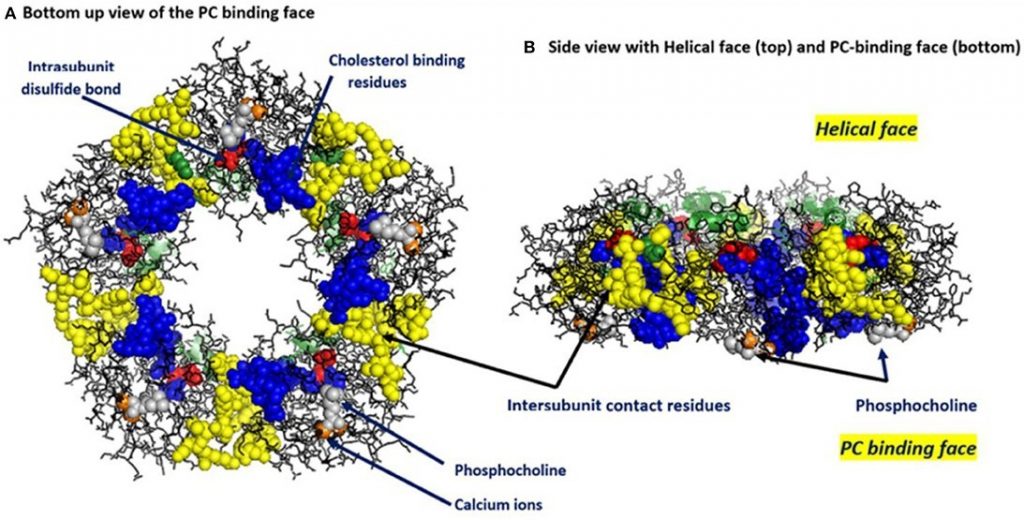
1. CRP or the C reactive protein is a protein which is made by the liver in response to inflammation anywhere in the body.
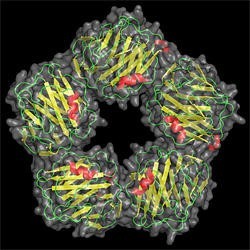
2. Hs-CRP is more sensitive than the CRP and can detect lower levels of this protein in the blood.
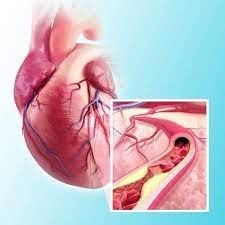
3. High Hs-CRP levels indicate a risk of getting coronary heart disease.

4. Also, in people who have had a cardiac event, if the Hs-CRP is high, they have higher chances of having a heart attack
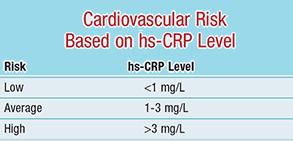
7. Hs-CRP has to be interpreted with other investigations and clinical features and lifestyle patterns.
5. If the Hs-CRP levels are normal, the likelihood of another cardiac event is low.
6. Hs-CRP can also be increased in other inflammatory conditions and does not tell the cause of the inflammations.


